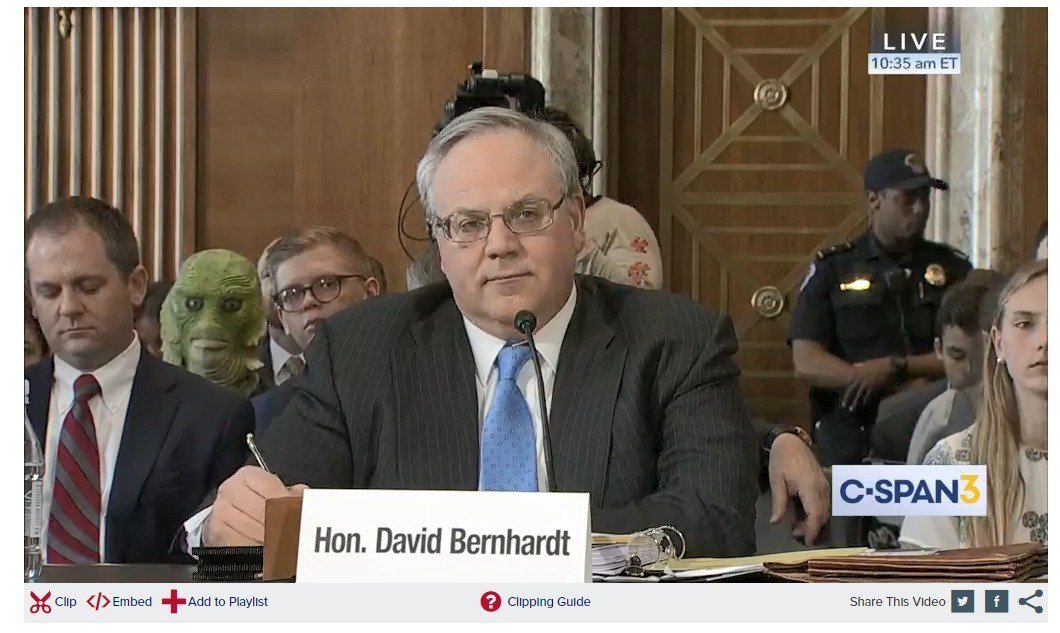#fafdlstorm
A. Deliberate and organized consumer preference
B. Public sector support: Subsidy and regulation
C. Not-for-Profit institutional support
That's not to say that specific model can be wholly recreated elsewhere, but internalizing the model and lessons expands the imagination here in the USA.
theatlantic.com/author/james-f…
fafdl.org/blog/2014/09/2…
• Less poverty
• Broadly shared prosperity and a stable middle class
• Identification and provision of public goods
• Goal-oriented, universalist modest, but well-enforced regulation
• Open, dynamic markets
• More democracy










